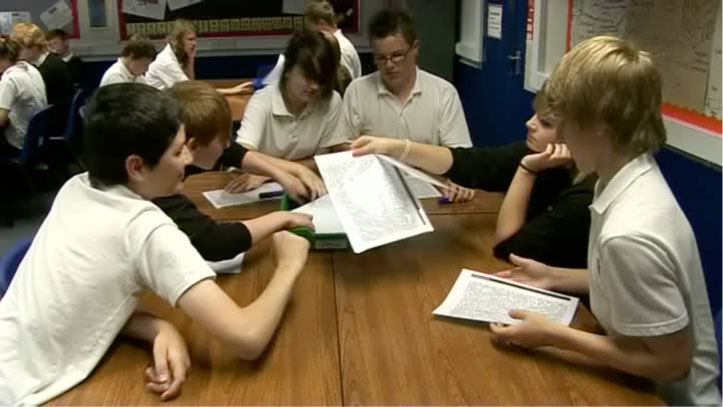
Goals
This tool provides detailed support for a 90-minute session for mathematics teachers, introducing them to the principles and practices of formative assessment.
Users
Professional development leaders with mathematics teachers.
Introduction
Research shows that formative assessment, when done well, has the power to lead to substantial gains in student learning. Many people, however, interpret the term formative assessment as meaning more frequent testing and record keeping. While such activities do have a place, assessment does not become formative unless the feedback it provides the teacher is used to adapt teaching to meet student learning needs as they are revealed, minute-by-minute in the classroom.
Both teachers and students have a role in the assessment process. The definition used in this session of formative assessment describes how:
‘Practice in a classroom is formative to the extent that evidence about student achievement is elicited, interpreted, and used by teachers, learners, or their peers, to make decisions about the next steps in instruction that are likely to be better, or better founded, than the decisions they would have taken in the absence of the evidence that was elicited’. (Black & Wiliam, 2009).
This professional development workshop is intended to allow teachers an opportunity to broaden their understanding and consider the practical implications of formative assessment. They examine five strategies of formative assessment, using tasks designed to elicit student misconceptions to give formative feedback and considering active ways in which students can engage in self and peer assessment.
Session Outline
- Assessing Students
- What is Formative Assessment?
- Five Formative Assessment Strategies:
- Clarifying Learning Intentions
- Eliciting Evidence of Student Learning
- Giving Formative Feedback
- Students as Learning Resources for One Another
- Students Taking Ownership of Their Own Learning Reflections
Videos
The Presentation Slides contain an embedded video that may not play in older versions of Powerpoint. You can view the video online here:
Students Responding to Feedback
Video from Bowland Maths – Assessing the Key Processes courtesy Bowland Trust.